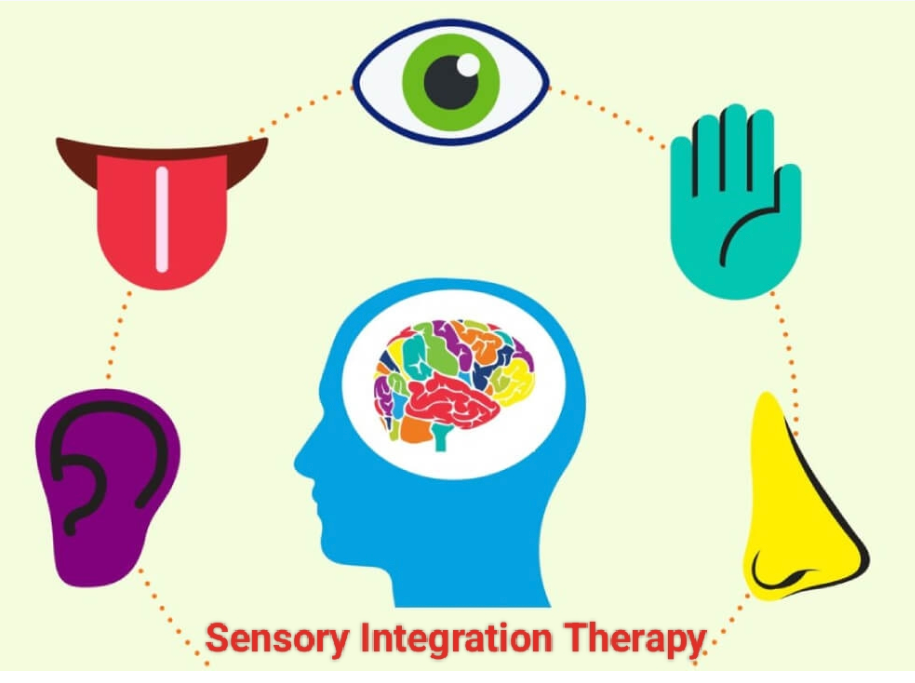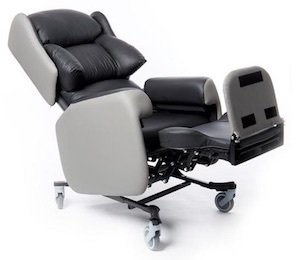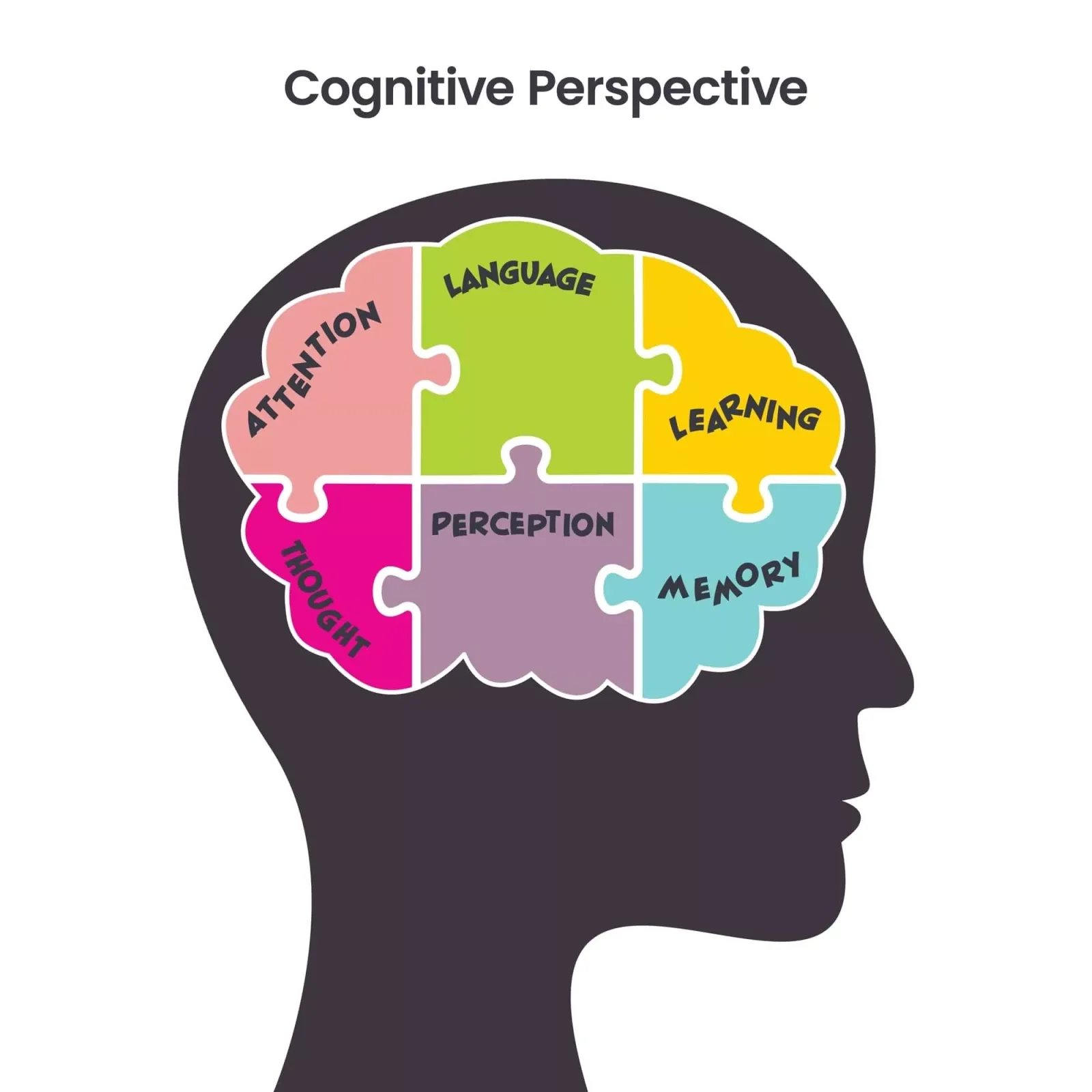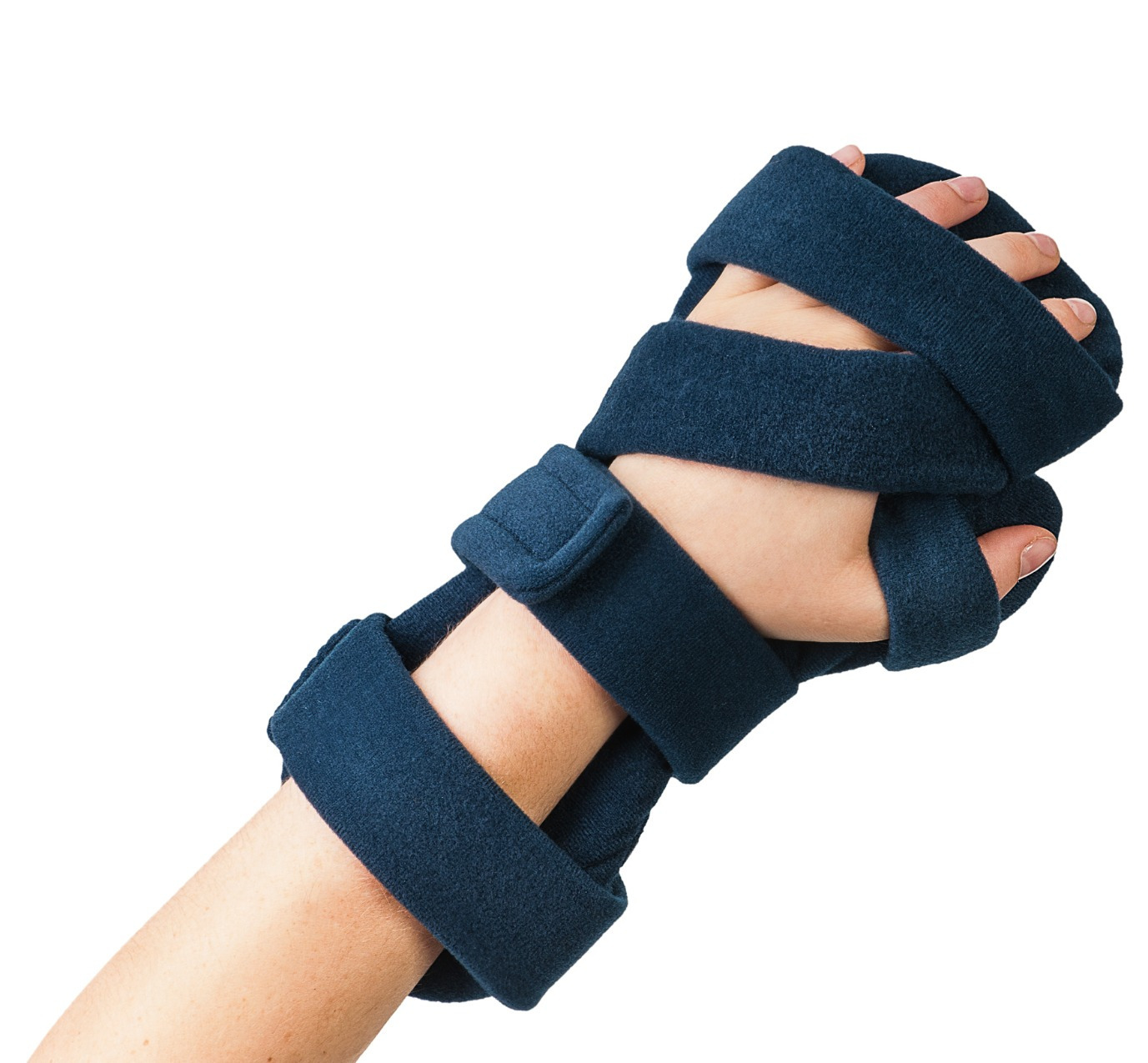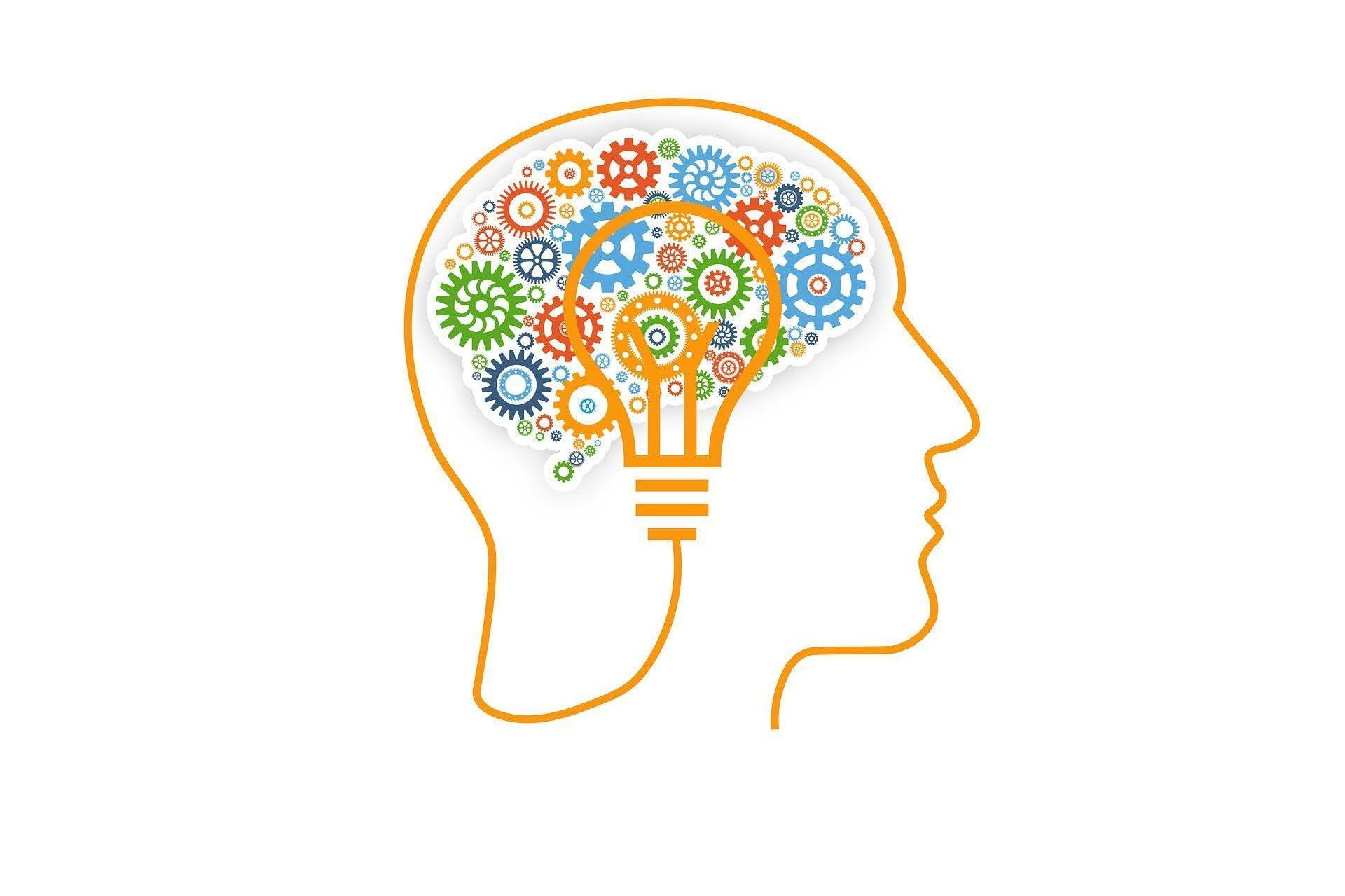


Occupational Therapy Treatments
1. Activities of Daily Living (ADL) Training
-
Self-Care Skills: Developing adaptive skills with bathing, dressing, grooming, and toileting.
-
Meal Preparation and feeding: Teaching adaptive techniques for managing kitchen tasks and feeding skills.
-
Household Management: Modifying skills with cleaning, organising, and other domestic chores.
2. Fine Motor Skills Development
-
Hand-Eye Coordination: Exercises to improve dexterity and coordination.
-
Strengthening Exercises: Exercises to strengthen the hands, wrist and fingers.
-
Precision Tasks: Activities and aids to promote fine motor skills such as buttoning, zipping, and writing.
3. Gross Motor Skills Enhancement
-
Balance and Coordination: Exercises to improve stability and coordination.
-
Gait Re-education: Techniques to enhance walking, climbing stairs, and navigating different environments both indoors and outdoors.
4. Cognitive Rehabilitation
-
Memory Exercises: Strategies to improve short-term and long-term memory.
-
Attention and Concentration: Activities to enhance focus and sustained attention.
-
Problem-Solving and Decision-Making: Techniques to improve cognitive processing and executive functioning.
-
Functional cognitive rehabilitation: using cognitive skills in everyday situations such as money management, road safety.
5. Sensory Integration Therapy
-
Sensory Processing Activities: Exercises to help manage sensory sensitivities and improve sensory integration.
-
Calming Techniques: Methods such as deep pressure therapy, guided imagery, weighted blankets, and calming environments.
6. Adaptive Equipment Training
-
Assistive Devices: Training in adaptive equipment such as the use of walkers, wheelchairs, adaptative cutlery.
-
Home Modifications: Recommendations for changes to the home environment to improve safety and accessibility.
7. Splinting and Orthotics
-
Orthotic Devices: Guidance on the provision and use of braces and other orthotic supports.
8. Ergonomics and Workplace Modifications
-
Workplace Assessments: Evaluating and modifying workstations to reduce strain and injury.
-
Ergonomic Education: Teaching proper body mechanics and posture.
9. Social Skills Training
-
Interpersonal Skills: Techniques to improve communication and interaction with others.
-
Community Integration: Activities to help participate in community events and social settings.
10. Mental Health Interventions
-
Stress Management: Techniques such as mindfulness, relaxation exercises, and coping strategies.
-
Emotional Regulation: Activities to help manage emotions and develop healthy responses to stress.
11. Driving Guidance
-
Assessment: Evaluating an individual's ability to drive safely.
-
Training: Providing education for driving, including the use of adaptive driving equipment.
12. Pain Management
-
Therapeutic Modalities: Techniques such as heat, cold, and electrical stimulation to manage pain.
-
Exercise Programs: Designing individualized exercise programs to alleviate pain and improve function.
13. Vocational Rehabilitation
-
Job Skills Training: Assisting with the development of skills necessary for employment.
-
Job Site Modifications: Adapting the work environment to fit the needs of the individual and return to work support.
-
Work place liaison: we can support you to communicate your workplace needs with your employer.
14. Specialist Seating
-
Seating Assessments: measuring, assessing and recommending specialist seating options with specialist providers.
